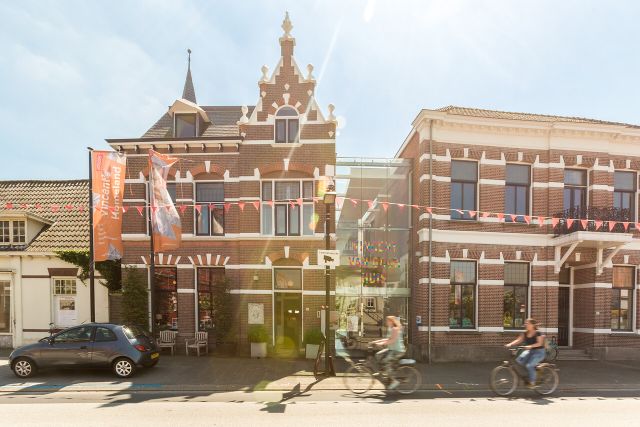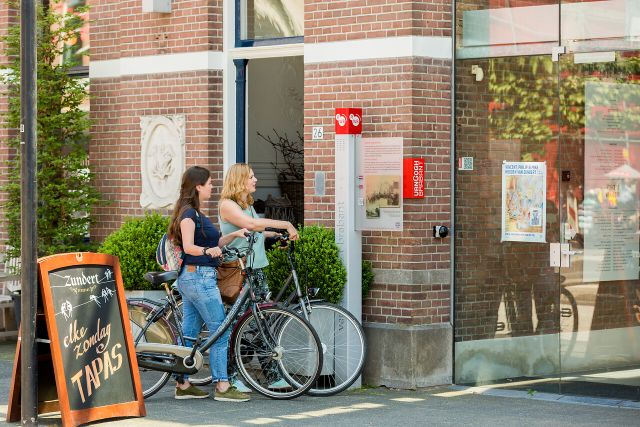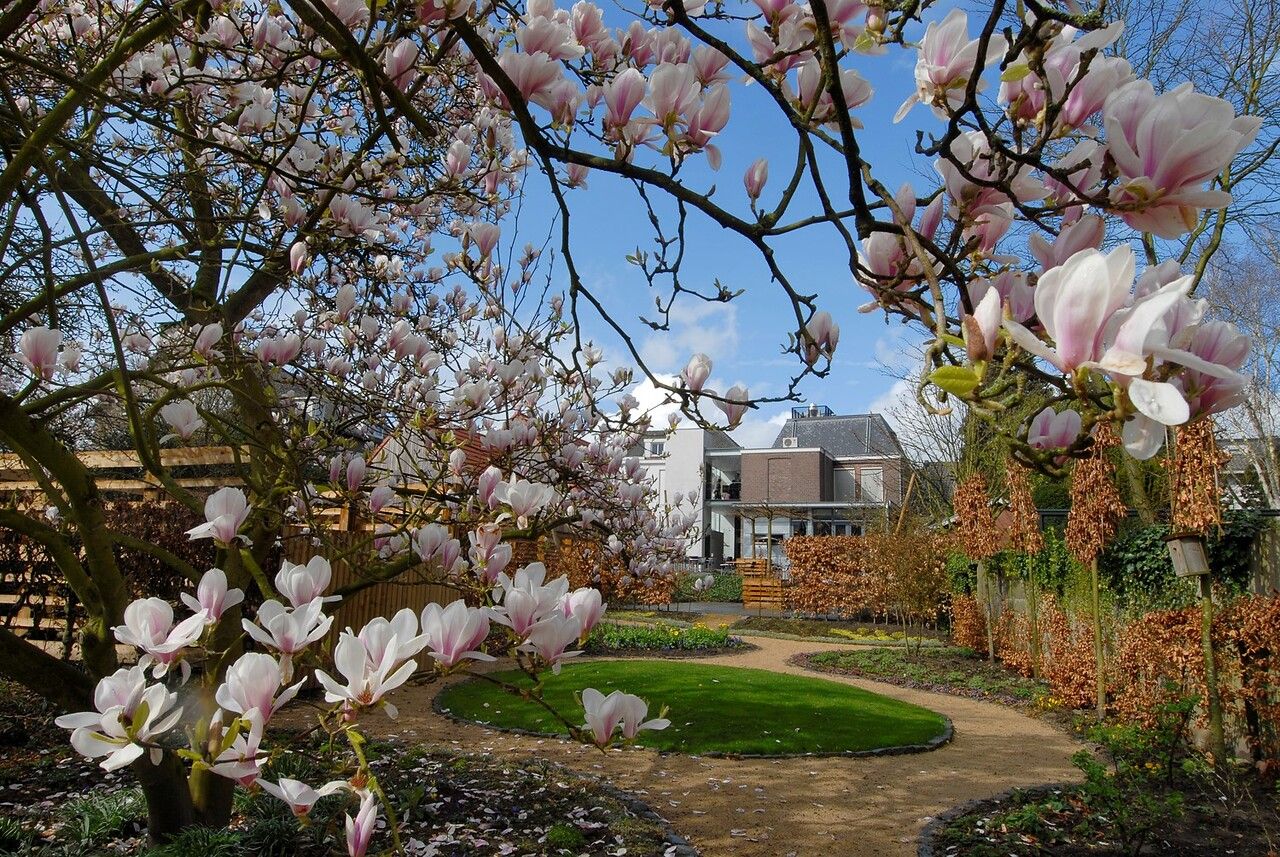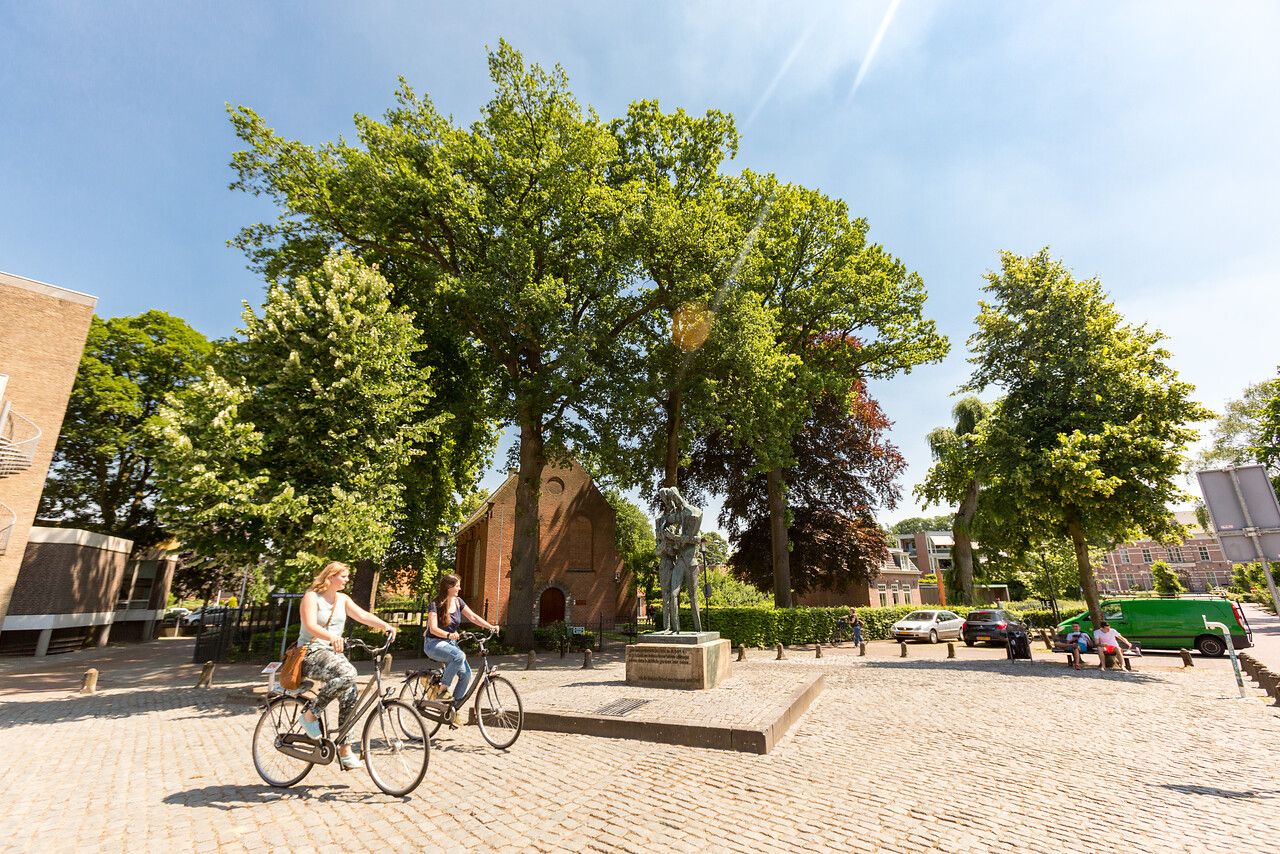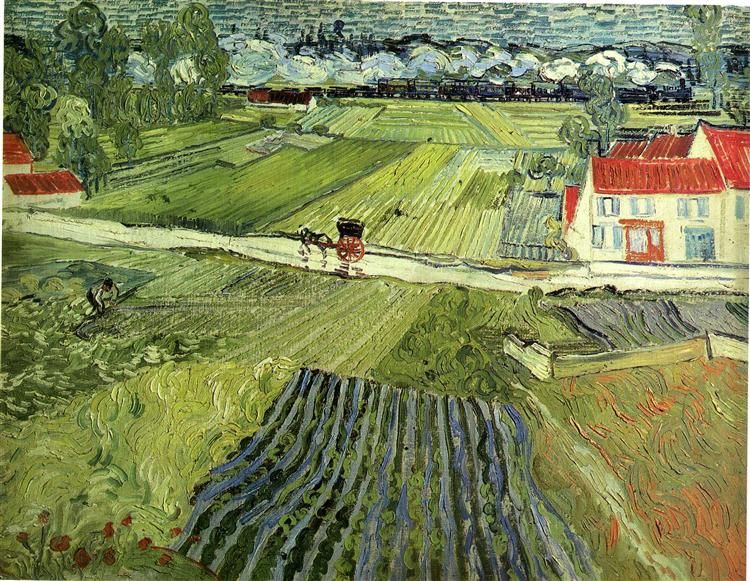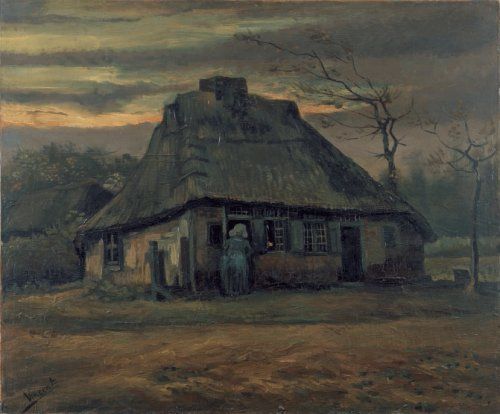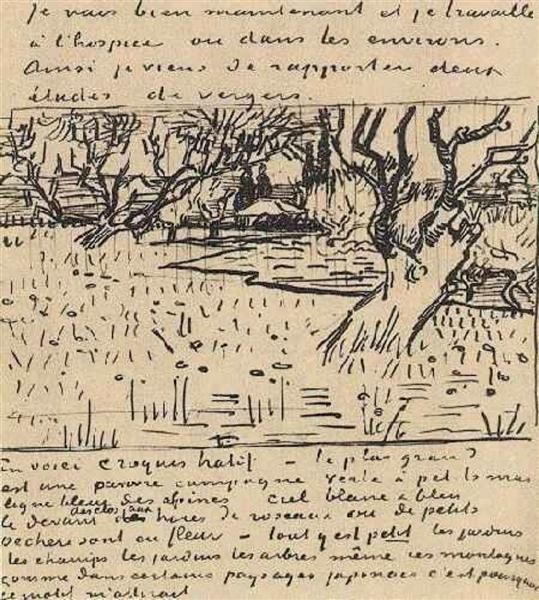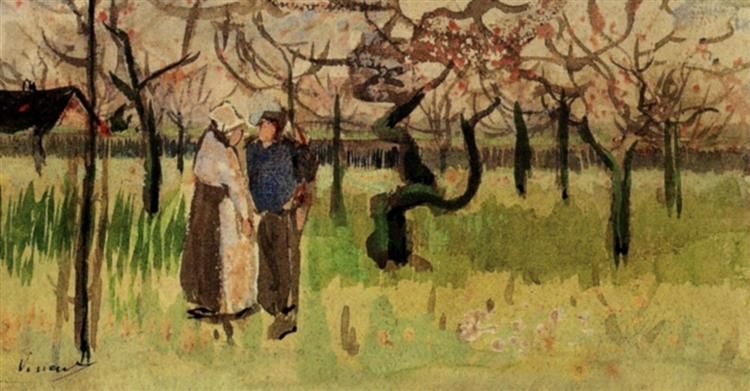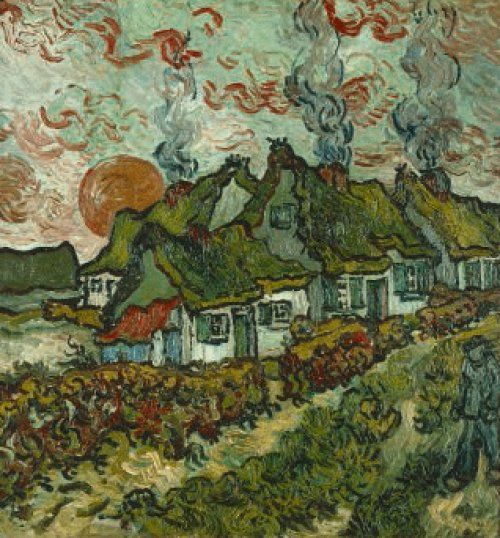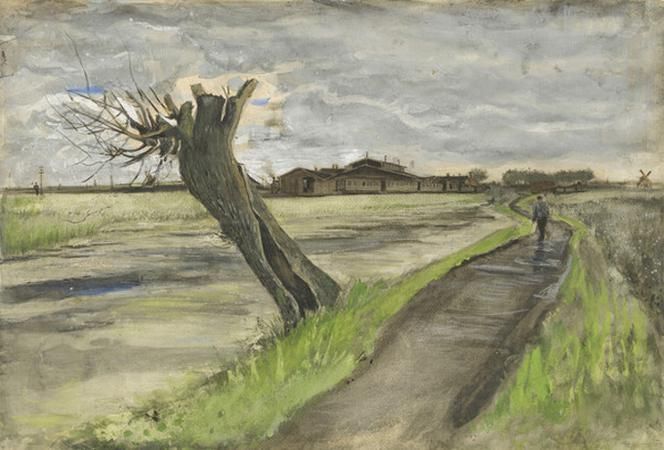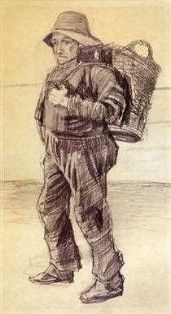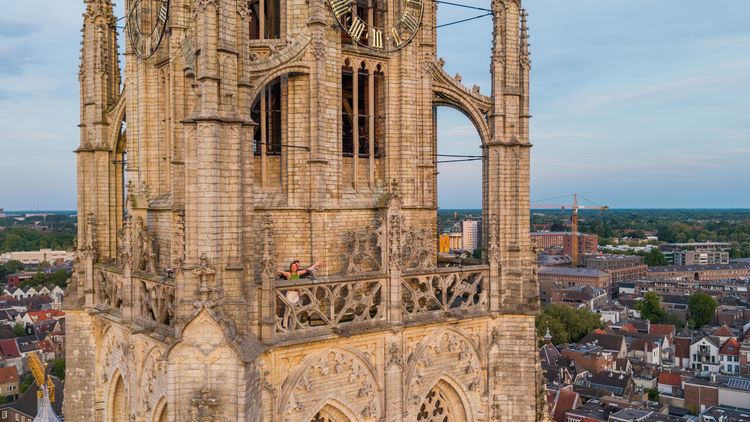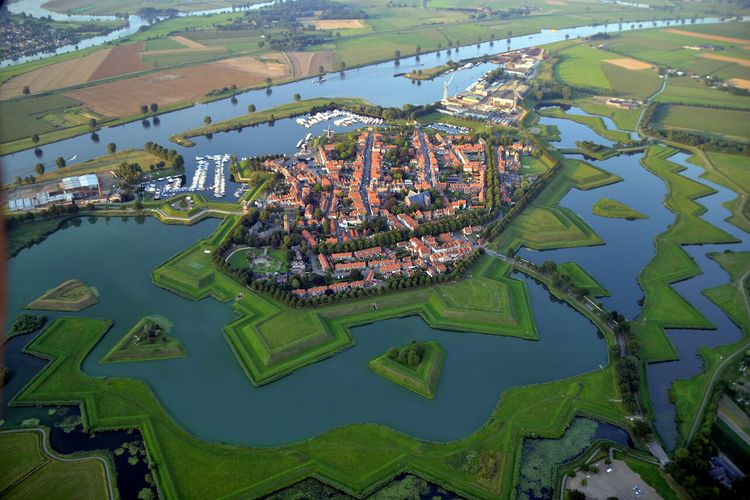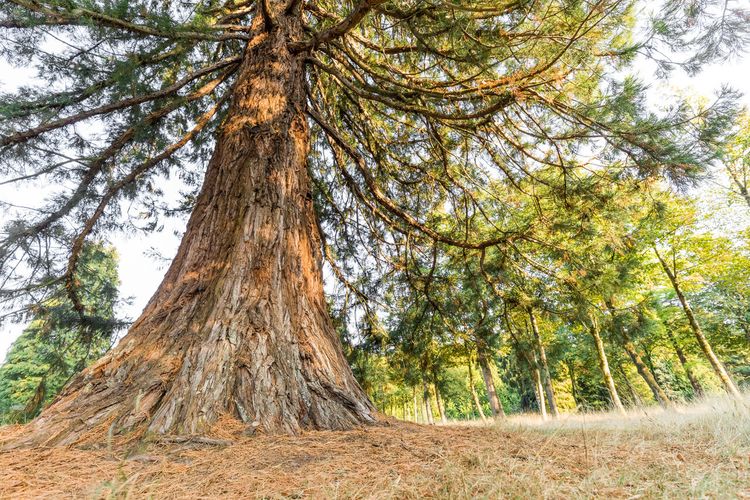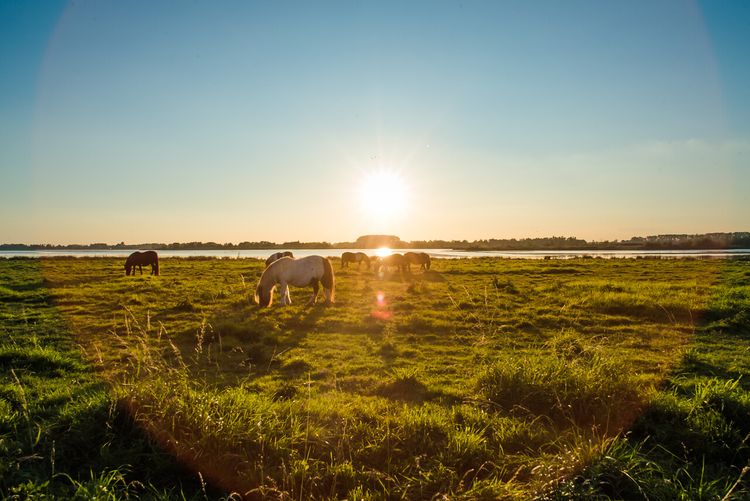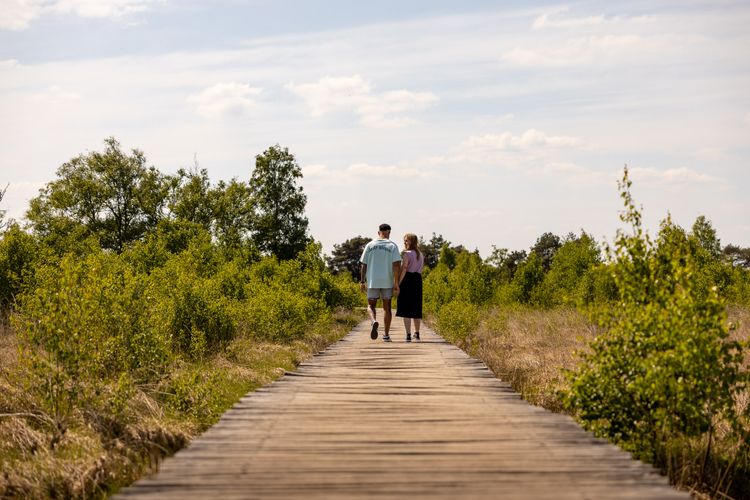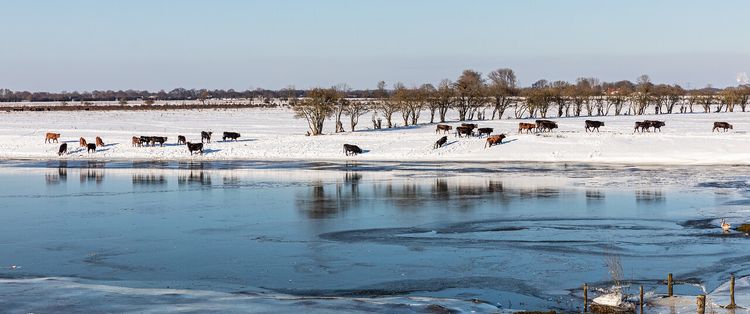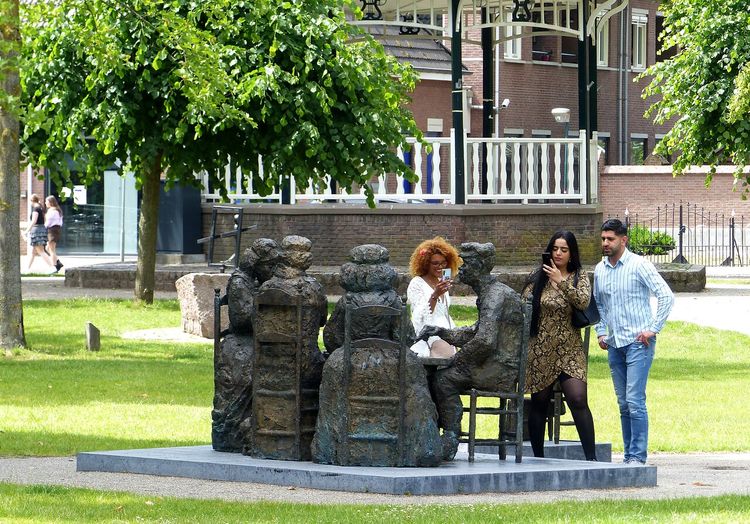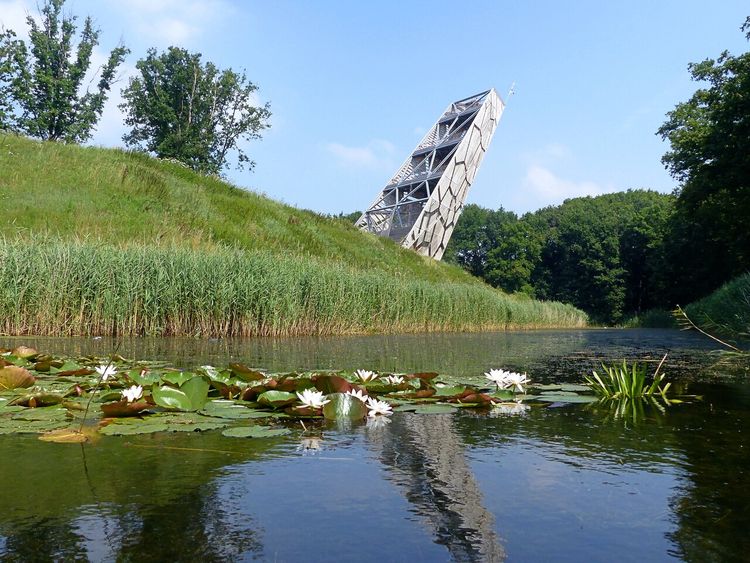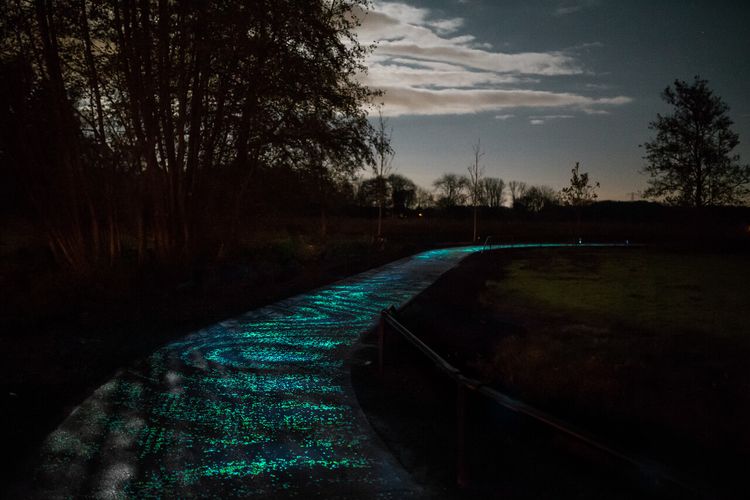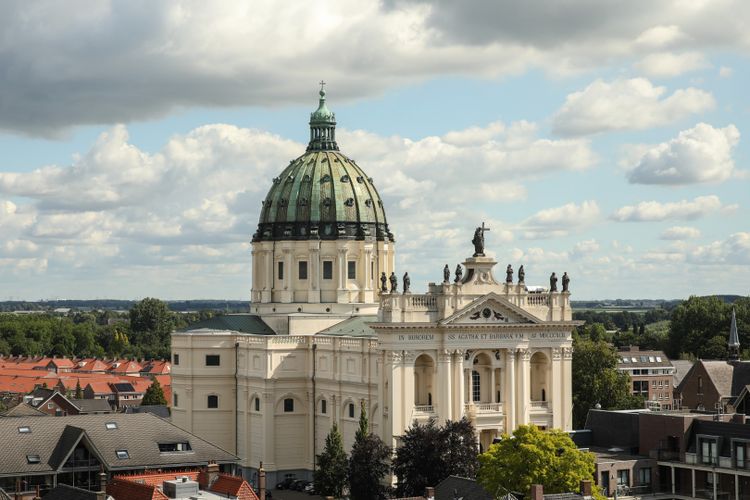Van Gogh cycle route Zundert – Northeast
This Van Gogh cycle route will introduce you to the six Van Gogh Monuments in Zundert.
Starting point: from your location
Show all 13 photos
This Van Gogh cycle route will introduce you to the six Van Gogh Monuments in Zundert. You will cycle through picturesque countryside, via the Markdal valley and past the River Mark towards the city of Breda, and then past several hamlets towards Etten-Leur.
This will also take you through the Pannenhoef nature reserve where eleven dried-up ponds have been excavated and brought back to life. Unspoilt countryside, just as Vincent must have seen it. There are informative information columns in the centre of Zundert (next to the Van GoghHuis and the church) and in the Pannenhoef (next to the Zwarte Schuur visitors’ centre). Listen to the stories and get to know Vincent even better.
How does the Van Gogh cycle route work?
The Van Gogh cycle route forms part of the cycle route network in Brabant. There is a Van Gogh cycle route sign at every intersection…
This Van Gogh cycle route will introduce you to the six Van Gogh Monuments in Zundert. You will cycle through picturesque countryside, via the Markdal valley and past the River Mark towards the city of Breda, and then past several hamlets towards Etten-Leur.
This will also take you through the Pannenhoef nature reserve where eleven dried-up ponds have been excavated and brought back to life. Unspoilt countryside, just as Vincent must have seen it. There are informative information columns in the centre of Zundert (next to the Van GoghHuis and the church) and in the Pannenhoef (next to the Zwarte Schuur visitors’ centre). Listen to the stories and get to know Vincent even better.
How does the Van Gogh cycle route work?
The Van Gogh cycle route forms part of the cycle route network in Brabant. There is a Van Gogh cycle route sign at every intersection. Follow the Van Gogh cycle route signs from one numbered intersection to the other. Follow the cycle route network signs between the intersections. Ten short routes in the form of loops have been marked out. The routes are joined together by linking sections.
-
Signposting Van Gogh Cycle Route
Follow the signs with 'Van Gogh Route'. These are placed underneath the regular junction signs.
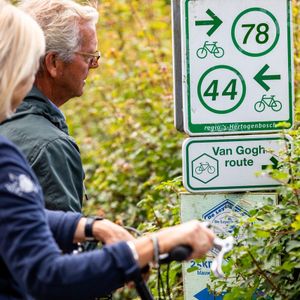
Signposting Van Gogh Cycle Route
Follow the signs with 'Van Gogh Route'. These are placed underneath the regular junction signs.

-
Hotline routes
Hotline routesIf there is something wrong on the route, report it here.
Sights on this route
Vincent van GoghHuis
The Vincent van GoghHuis: a living arts centre in the birthplace of Brabant’s most famous artist ever, stands on the spot where Vincent van Gogh came into the world on 30 March 1853.
Starting point:
Markt 264881 CN Zundert
Navigate to starting point
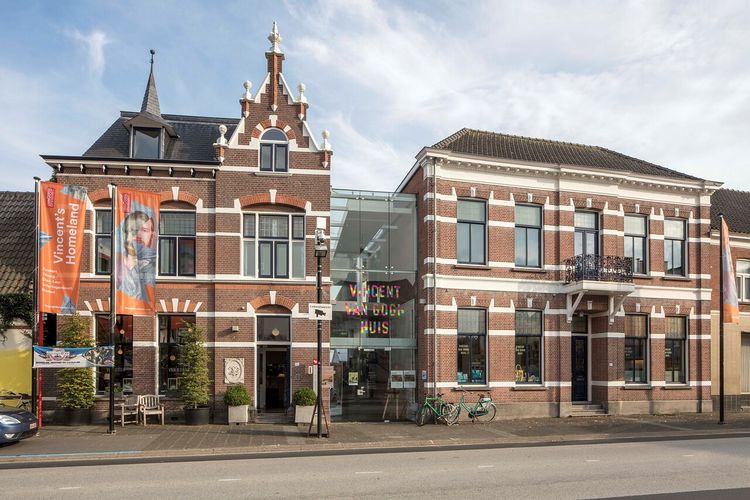
Aunts’ House, Markt 25 Zundert
The Van de Burgh sisters, Vincent van Gogh’s godmothers, lived at Markt 25.
Starting point:
Markt 254881 CN Zundert
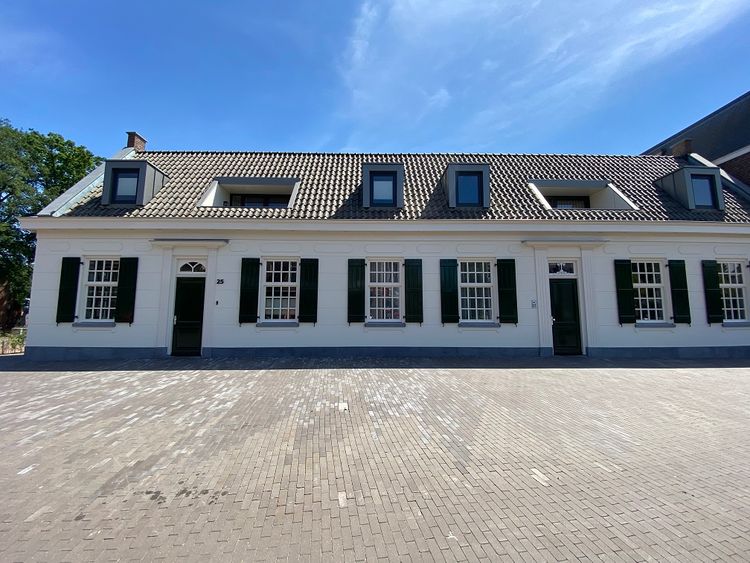
Protestant church, cemetery and 'Ropsentuin'
The first child of Vincent van Gogh’s parents was born, but it was not viable. It was buried at this Protestant church.
Starting point:
Van Goghplein 14881 DA Zundert
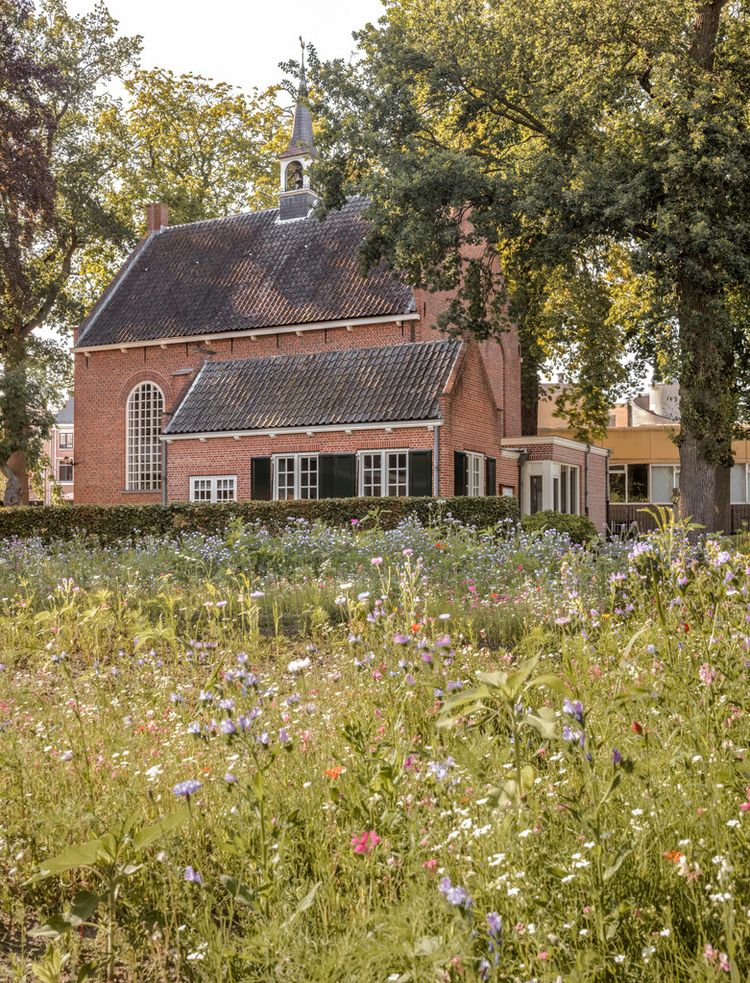
Protestant church, cemetery and 'Ropsentuin'
Protestant church, cemetery and 'Ropsentuin'
Van Goghplein 1
4881 DA Zundert
Kosterswoning
This Kosterswoning, a former old house, was purchased on the recommendation of Reverend Van Gogh by the Dutch Reformed Congregation in 1863.
Starting point:
Sint Elisabethlaan 1A4881 DA Zundert
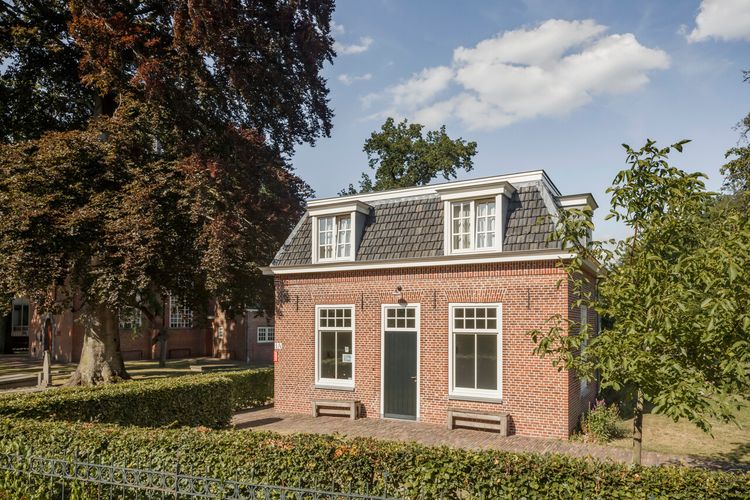
Van Gogh Brothers Monument
This monument was unveiled in 1964 by Queen Juliana. It was created by Ossip Zadkine and was donated by the bankers Van Landschot.
Starting point:
Vincent van Goghplein4881 DG Zundert
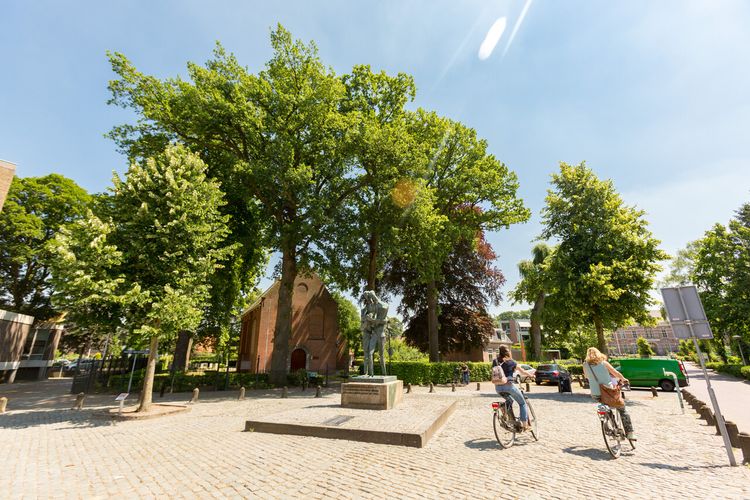
Mastbos
The Mastbos was built more than 500 years ago by Hendrik III van Nassau. It is a mixed forest where beech avenues, vast heaths, dark coniferous and beautiful fens alternate.
Starting point:
BouvignedreefBreda
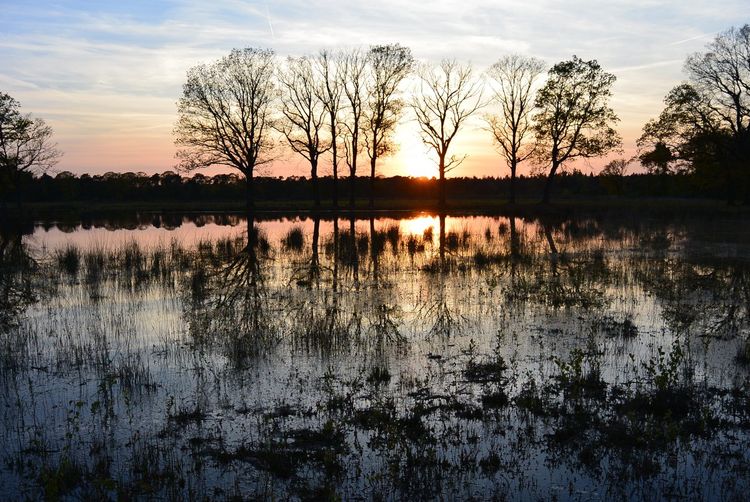
Old Town Hall Etten-Leur
The old council offices (also known as the Meeting Centre) was the former town hall of Etten-Leur. It was here that Vincent van Gogh first registered himself as an artist.
Starting point:
Markt 14875 CB Etten-Leur
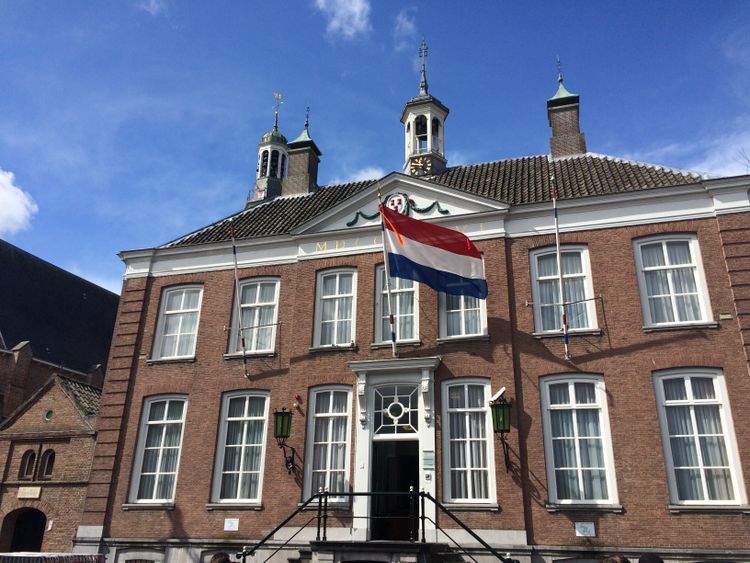
Site of the vicarage with Vincent’s first studio.
Vincent van Gogh had his first studio in the vicarage in Etten-Leur. The actual building is no longer there but a statue marks the spot.
Starting point:
Roosendaalseweg 44875 AA Etten-Leur
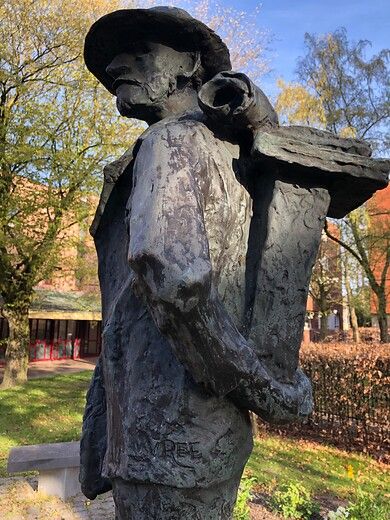
Site of the vicarage with Vincent’s first studio.
Site of the vicarage with Vincent’s first studio.
Roosendaalseweg 4
4875 AA Etten-Leur
Van Gogh Church
Located in the centre of Etten-Leur, the Van Gogh Church offers a fascinating glimpse into what is probably the least known period in Vincent van Gogh’s life, but certainly not the least important! In Etten (1881) Vincent decided to become an artist!
Starting point:
Markt 44875 CE Etten-Leur
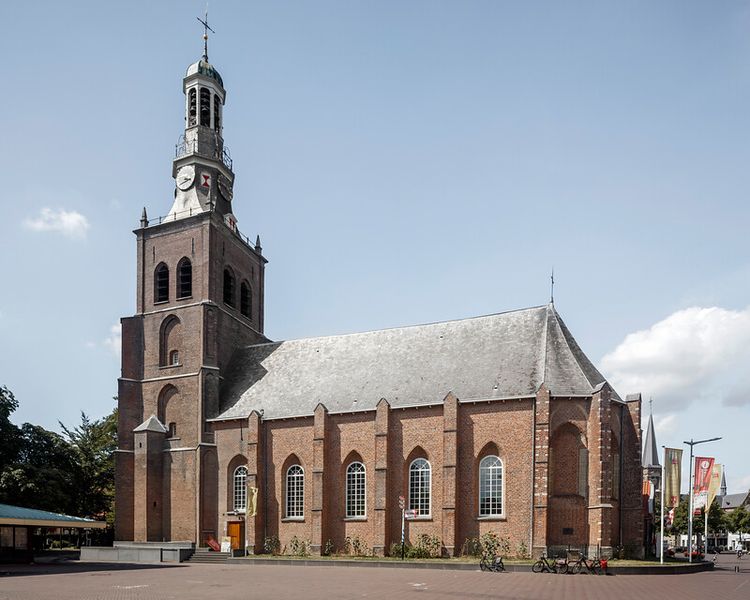
Lambertus Church Etten-Leur
Vincent van Gogh made various sketches and drawings which show the Lambertus Church.
Starting point:
Markt 624875 CG Etten-Leur
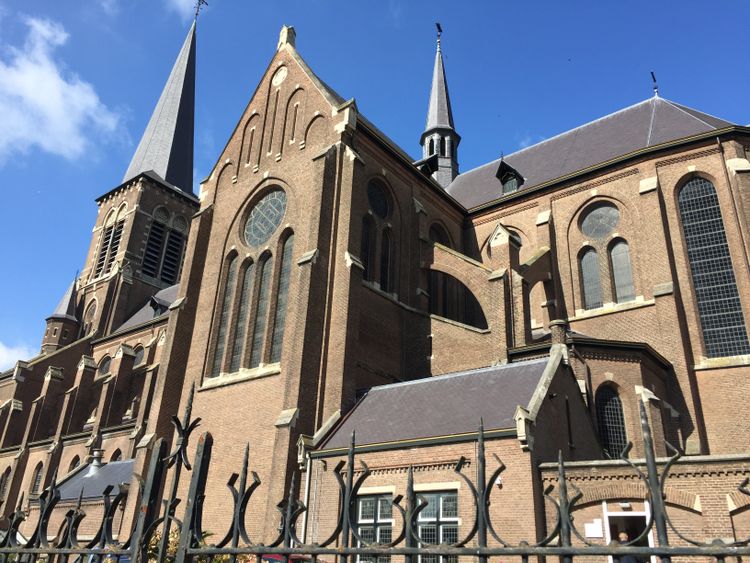
Trouwkerkje / Wedding Church Etten-Leur
The Dutch Reformed Church in Leur (Etten-Leur North) dates from 1614 and is a national monument.
Starting point:
Trouwkerkje Etten-LeurVan Bergenplein 1
4871 CD Etten-Leur
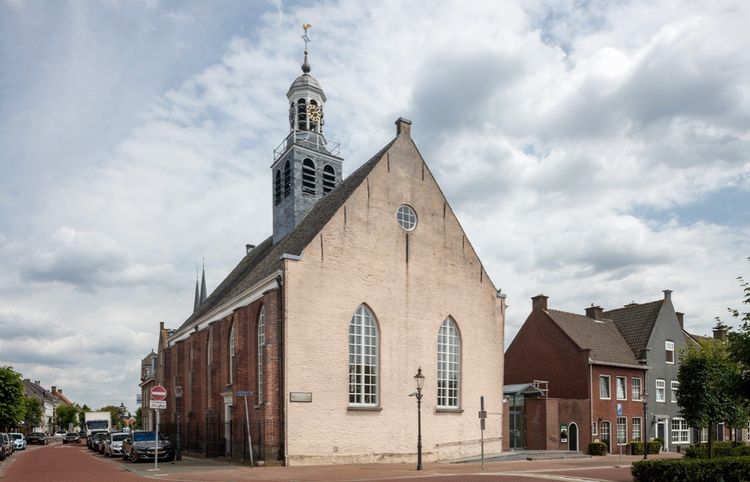
Trouwkerkje / Wedding Church Etten-Leur
Trouwkerkje / Wedding Church Etten-Leur
Trouwkerkje Etten-Leur
Van Bergenplein 1
4871 CD Etten-Leur
De Menmoerhoeve
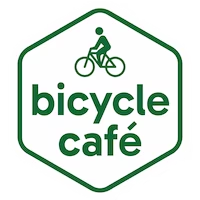
At De Menmoerhoeve campsite, restaurant and activity farm, you can enjoy everything the countryside has to offer. If there’s anywhere you can literally immerse yourself in the Brabant farming life, it’s at this recreational farm.
Starting point:
De MenmoerhoeveZundertseweg 66
4876 NL Etten-Leur
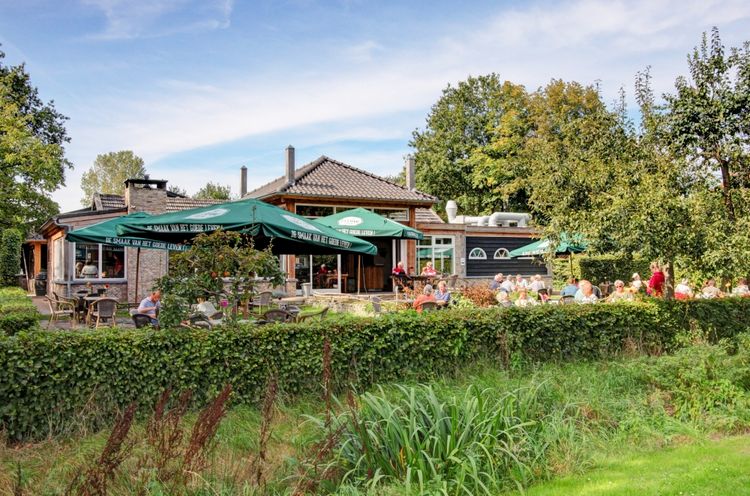
Nature reserve de Pannenhoef
Woodland, pools and flower-filled meadows are typical of de Pannenhoef , a beautiful nature reserve between Etten-Leur, Zundert, Rijsbergen and Sprundel, and with an area of no less than 706 hectares.
Starting point:
De PannenhoefEttensebaan 25
4891 TG Rijsbergen
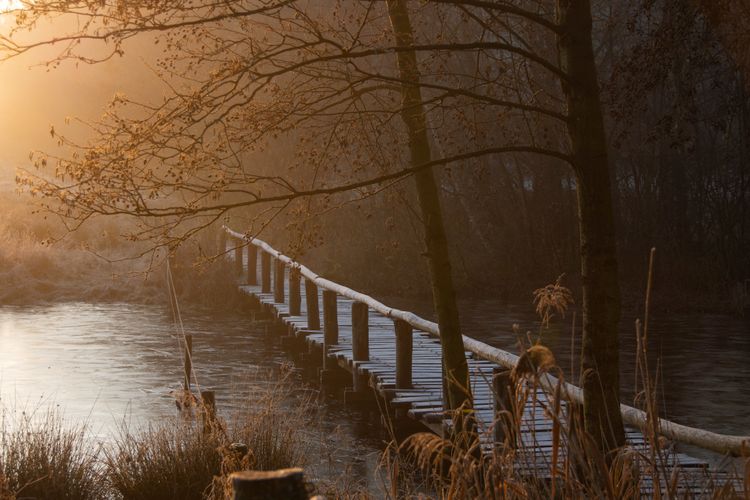
Nature reserve de Pannenhoef
Nature reserve de Pannenhoef
De Pannenhoef
Ettensebaan 25
4891 TG Rijsbergen
De Moeren Nature Reserve
De Moeren Nature Reserve is west of Zundert. It has forests, meadows, agricultural fields, fens and pools.
Starting point:
Zundert
Vincent van GoghHuis
The Vincent van GoghHuis: a living arts centre in the birthplace of Brabant’s most famous artist ever, stands on the spot where Vincent van Gogh came into the world on 30 March 1853.
Starting point:
Markt 264881 CN Zundert
Navigate to endpoint

Story of the route
Vincent van GoghHuis
The Vincent van GoghHuis: a living arts centre in the birthplace of Brabant’s most famous artist ever, stands on the spot where Vincent van Gogh came into the world on 30 March 1853.
Starting point:
Markt 264881 CN Zundert
Navigate to starting point

- Van GoghHuis with audio column
Vincent’s birthplace was not the current Van GoghHuis (Van Gogh House) but the building next door. That was the rectory when Vincent was born on 30 March 1853. The building was demolished in 1903, and a plaque on the front of the house bears witness to his birth. The Vincent van GoghHuis provides a stimulating presentation about the life and work of Vincent van Gogh and interactive education.
- Van Goghplein with audio column
There is an unusual work of art by the sculptor Ossip Zadkine on the Van Goghplein (Van Gogh Square) next to the Van GoghHuis. The statue depicts Vincent with his brother Theo and shows their inseparable relationship. Listen to the story of Vincent van Gogh’s youth on the audio column. There is another audio column a bit further on next to the Dutch Reformed Church. - Menmoerhoeve
The Menmoerhoeve ist ein ausgewiesenes Fahrradcafé in Nordbrabant. In den auf Radtouristen spezialisierten Fahrradcafés dieser Provinz fühlt man sich als Radler ganz besonders willkommen. Hier kann man sich nicht nur mit leckeren Snacks und Getränken stärken, es stehen auch Reparaturset, Fahrradpumpe und E-Bike-Ladestation zur Verfügung. Die offiziellen Fahrradcafés in Nordbrabant erkennt man am sechseckigen „Brabants Fietscafé“-Aufkleber am Fenster des Cafés.
- St. Willebrord Church with audio column
Cornelis Schuitemaker, one of Vincent’s favourite models and the only Protestant in the village, lived in St. Willebrord. In 1881 he posed for Vincent van Gogh’s famous drawings ‘Worn Out’ and ‘Farmer by the Fire’. There is an audio column near the church in St. Willebrord, next to the Processional Park, which reminds us of Cornelis Schuitemaker.
- Van Gogh Church with audio column
The Van Gogh Church was where Vincent’s father, Reverend Theodorus van Gogh preached. There is a permanent exhibition about Vincent’s time in Etten inside the church. If you walk to the back of the church you will see the Van Gogh garden where formerly the rectory stood. There was an outhouse at the back of the rectory which Vincent used as his study, and later as his studio. There is also a bronze statue of Vincent behind the church. From the audio column you can go with him on a walk through Etten.
- Moeierboom tree, Etten-Leur with audio column
In the summer of 1881 Vincent’s cousin Kee Vos was staying at the rectory. Vincent fell madly in love with her, but when he declared his love she answered resolutely; No, nay, never! There is an audio column next to the Moeierboom tree (from an old Dutch word for ‘mother’) on the Markt, where Vincent describes his feelings for Kee Vos. The Moeierboom tree was planted in 1675 and is one of the most unusual trees in the Netherlands.
- Bisschopsmolen windmill, Etten-Leur
The Bisschopsmolen is a windmill in Etten, constructed in 1744. The mill was used to grind corn until 1959. Vincent made numerous drawings and paintings of windmills and watermills during his time in Brabant.
- De Zwarte Schuur in De Pannenhoef with audio column
De Pannenhoef is a beautiful nature reserve between the communities of Zundert, Etten-Leur and Rucphen, an area where Vincent van Gogh regularly walked. He wrote about it extensively in his letters. De Zwarte Schuur is the remains of an impressive farmhouse in De Pannenhoef. Look out for the old pump and the bakery where formerly a family of forest workers lived. Listen to the story of Vincent van Gogh and De Pannenhoef in the audio column behind the building.
- Mastbos
The Mastbos wood near Breda is one of the oldest cultivated woods in the Netherlands. The woods provided timber for the Spanish Fleet and masts for the Dutch East India Company ships. Nowadays it’s an impressive walking area with ancient trees and stately avenues.
Vincent van GoghHuis
The Vincent van GoghHuis: a living arts centre in the birthplace of Brabant’s most famous artist ever, stands on the spot where Vincent van Gogh came into the world on 30 March 1853.
Starting point:
Markt 264881 CN Zundert
Navigate to endpoint

- 64
- 65
- 47
- 03
- 04
- 70
- 43
- 42
- 06
- 05
- 27
- 20
- 26
- 25
- 24
- 23
- 21
- 62
- 50
- 06
- 89
- 09
- 86
- 88
- 14
- 64

